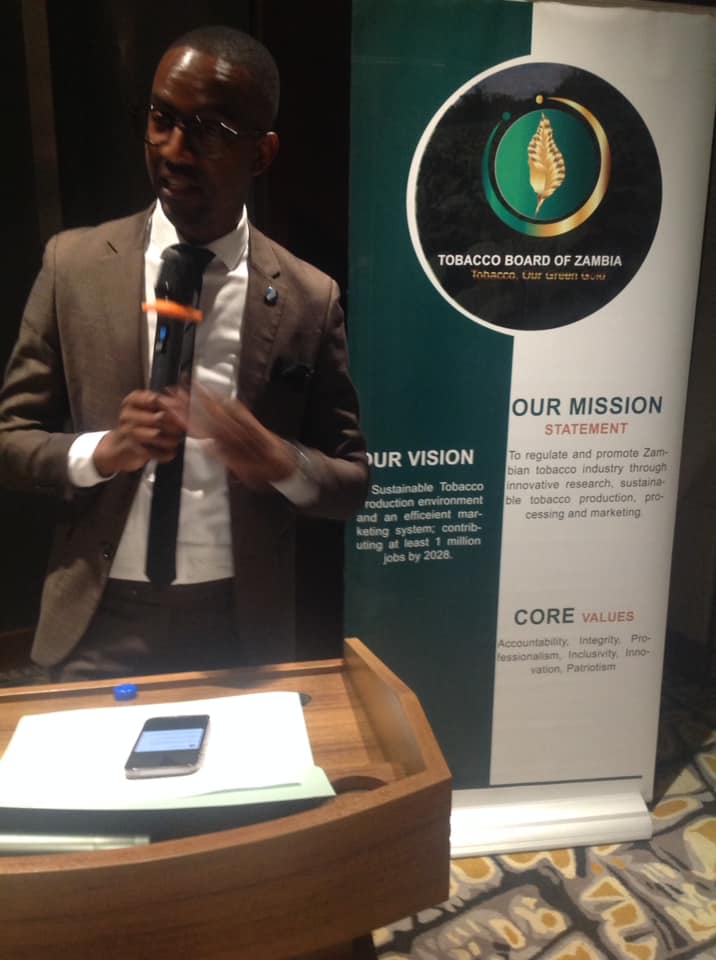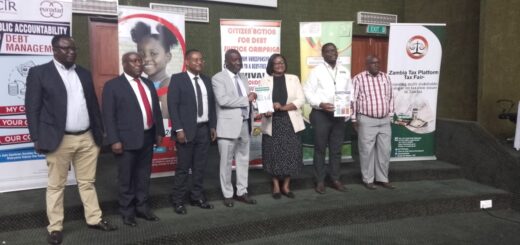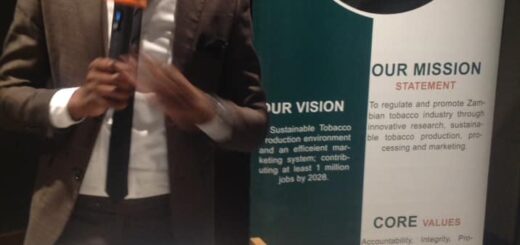Fwaka ‘Tobacco’ Politics
Notice: Undefined index: catFilterList in /home/zambi/public_html/wp-content/plugins/wp-likes/api.php on line 243

Parliamentary Committee on Health Chairperson Dr Christopher Kalila
At a Tobacco Board of Zambia (TBZ) Strategic Plan 2024-2028 meeting in Lusaka, Chairperson Phil Daka said the number of employees is expected to double from 500,000 to an estimated 1,000,000 in the next five years.
And TBZ Acting Executive Director Tyndale Kasongole in 2023, Zambia recorded four million kilogrammes of tobacco, the highest in a decade (10 years) as they eye to produce 80 million kilogrammes from 44 million kilogrammes in the next five years.

Tobacco Board of Zambia Chairperson Phil Daka addressing National Assembly of Zambia Parliamentary Committee
TBZ was established in 1968 by an Act of Parliament with the mandate of promoting, protecting and facilitating tobacco production through enforcement of the Tobacco Act No. 10 of 2022.
However, as with other low-income countries involved in tobacco growing, there is inconsistency between Zambia’s economic policy to strengthen the country’s economy and its WHO-FCTC commitment to regulate and control tobacco growing.

Vicar General Fr Sam Zulu
“With no ultimate coordinating authority, the tobacco industry risks being run according to the desire and demands of multinational tobacco companies, with few, if any, checks against them at the perils of public health. We must expose the Tobacco Industry deception. We must not spare them. They are peddling lies as the contribution of tobacco leaf to Zambia’s Gross Domestic Product (GDP) at 0.4 is less than one percent and insignificant,” said Fr. Zulu.























